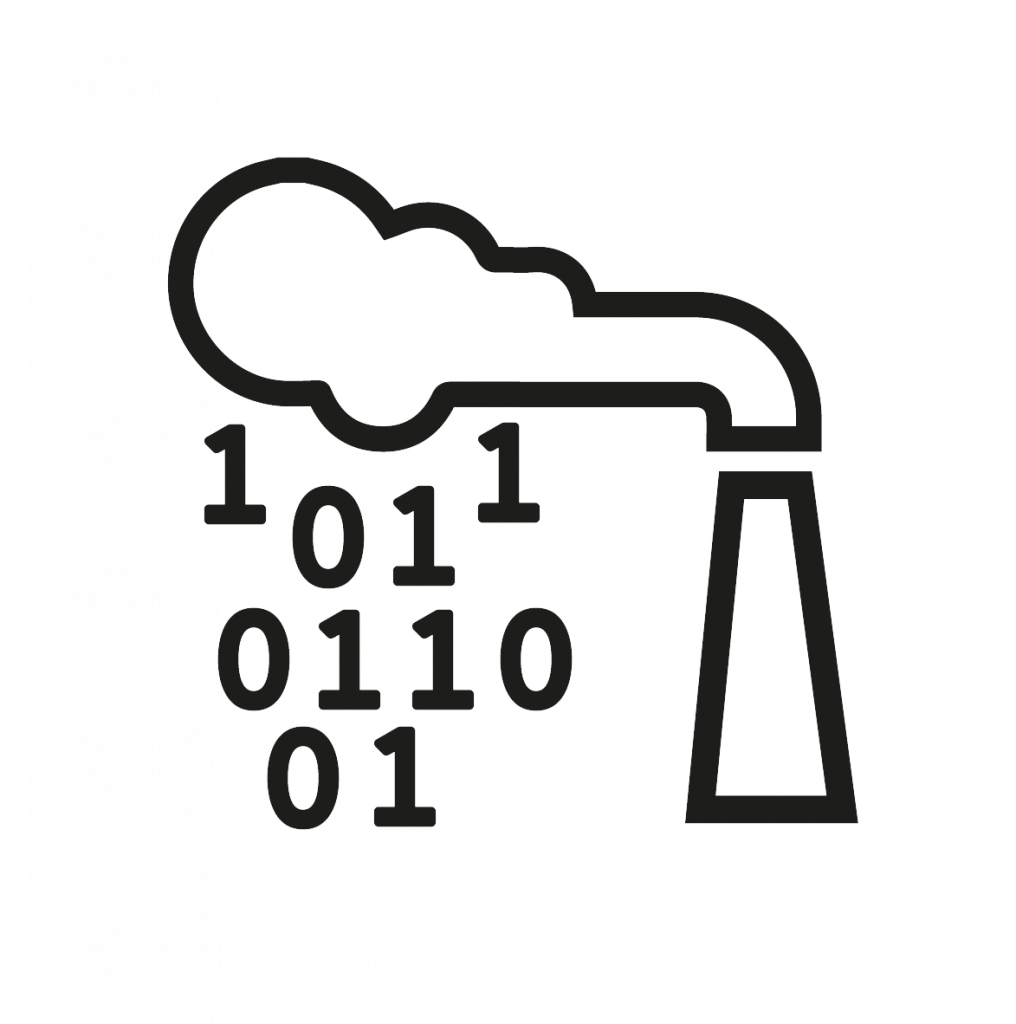
Protective Tech
As we rely on predictive technology to make the world safer and life more convenient, we struggle with the privacy trade-offs required to make it work.

As we rely on predictive technology to make the world safer and life more convenient, we struggle with the privacy trade-offs required to make it work.

The growing ubiquity of data raises big questions about how it is used, who should own and profit from it, and how it may be biased or flawed.

Empathy is becoming a driver of innovation and revenue, and a point of differentiation for products, services, hiring practices, and branded experiences.

As robots’ utility moves into the home and the workplace, they are being given more human-like interfaces, and even micro-personalities.

Entrepreneurs, businesses, and institutions are increasingly fearful about not being able to keep up with competitors’ approaches to innovation.

Thanks to automation, people crave experiences, advice, and services delivered by actual humans.

Organizations are facing the challenge of finding and investing in the tools that help them draw actionable, practical insight out of data that can mislead as easily as it informs.

Organizations are designing smarter connected products, services and features that provide safety, boost our health, and protect our environment through anticipating our needs.

As robots’ utility moves into the home and the workplace, they adopt more human-like interfaces and in some cases, micro-personalities.
Have a Question or Inquiry?
All emails will get a response within 24 hours!